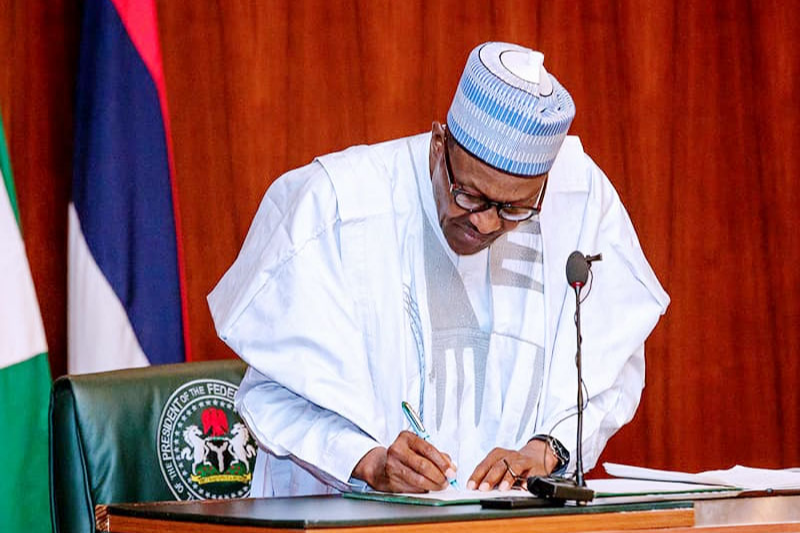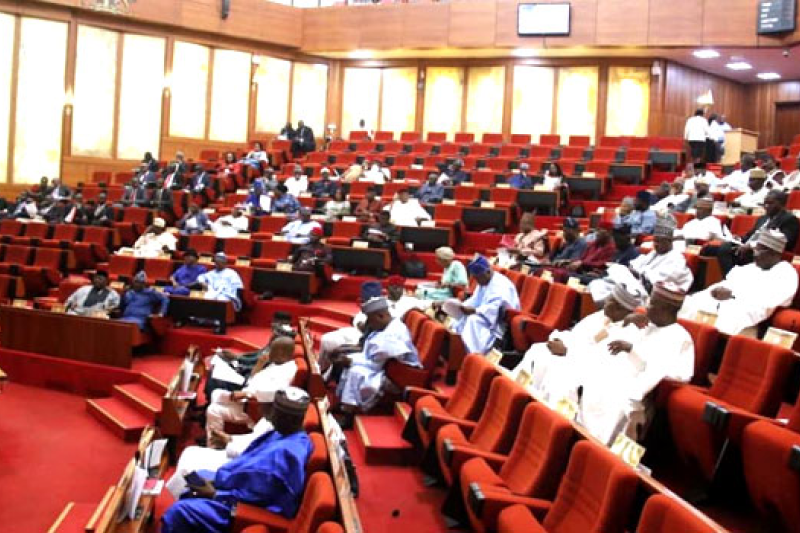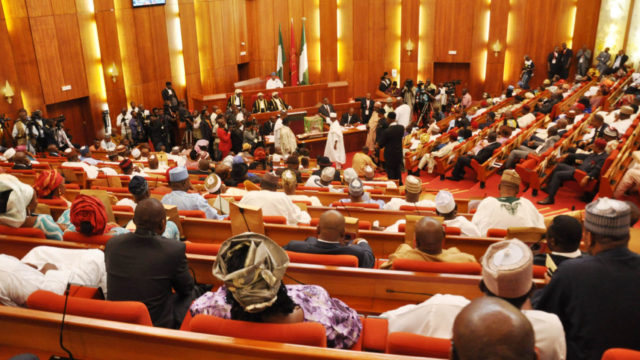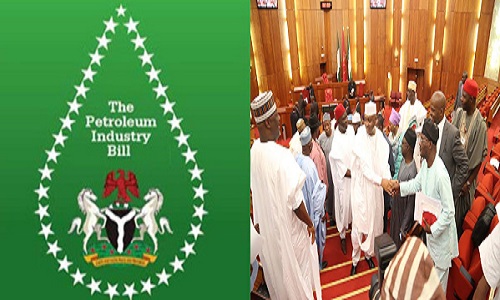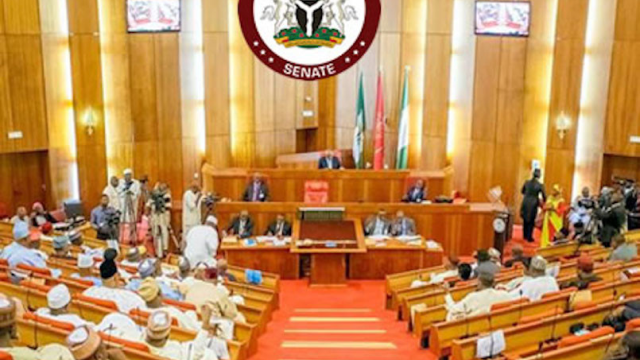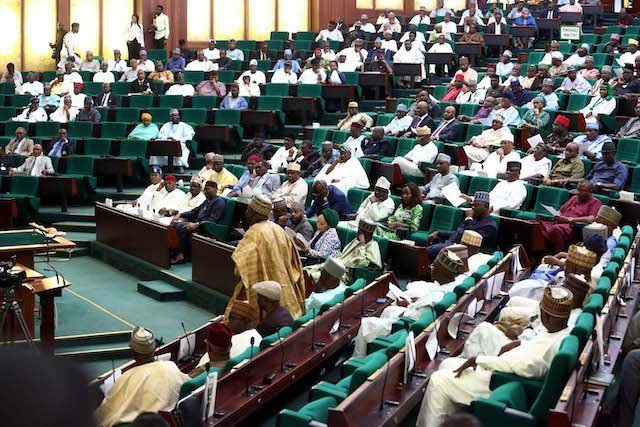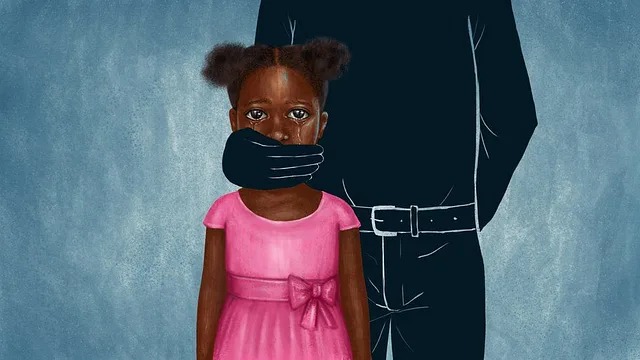The Finance Bill, 2020, seeks to achieve the following outcomes
HomeAuthor admin-sskohn
The bill seeks to allow creditor banks to track the account(s) of loan defaulters through their Bank Verification Number (BVN) and recover past and due obligation without recourse to the borrower. The bill empowers banks to deduct money from the account of loan defaulters.
The bill seeks to establish a framework for the creation of a commercially oriented and profit-driven national petroleum company, promote transparency, good governance, and accountability in the administration of petroleum resources of Nigeria, foster a business environment
The Warsaw Convention 1929 was extended to Nigeria by the British colonial government via an order known as the Carriage by Air (Colonies, Protectorates and Other Trust Territories) Order 1953. This Order was repealed by section 77(1)(a) of the Civil Aviation Act 2006 (CAA 2006). Prior to its repeal, the applicability of the Warsaw Convention as the basis for determining air carrier liability was upheld in a plethora of Nigerian cases. The Warsaw Convention has, however, ceased to apply in Nigeria.
The bill seeks to authorize the issue of the total sum of ₦13,082,420,568,233(Thirteen Trillion, Eighty-Two Billion, Four Hundred and Twenty Million, Five Hundred and Sixty-Eight Thousand, Two Hundred and Thirty-Three Naira) only from the Consolidated Revenue Fund of the Federation, of which:
Nigeria’s communications sector is primarily regulated by the Nigerian Communications Act (NCA) and the Wireless Telegraphy Act (WTA). The NCA established the Nigerian Communications Commission (NCC), which is charged with the responsibility
At present, Nigeria is not a signatory to any multilateral or bilateral treaties for the reciprocal recognition and enforcement of foreign judgments. Foreign judgments are enforced in Nigeria by virtue of the Foreign Judgments (Reciprocal Enforcement) Act,
The bill seeks to amend the Nigerian Oil and Gas Industry Content Development Act by expanding its scope to capture changes in the industry. The bill proposes to: Create a Nigerian Content Council to be headed by the Vice-President; Deduct the sum of 2% from every contract awarded
The bill seeks to amend the 2020 Appropriations Act and authorize the issue of the total sum of ₦10,509,654,033,053 only from the Consolidated Revenue Fund of the Federation, of which: ₦398,505,979,362 is for Statutory Transfers; ₦2,951,710,000,000 is for Debt Service;
According to United Nations Children’s Fund (UNICEF), one in four girls and ten percent of boys have been sexually violated in Nigeria and the majority of them have received no help or support1.


